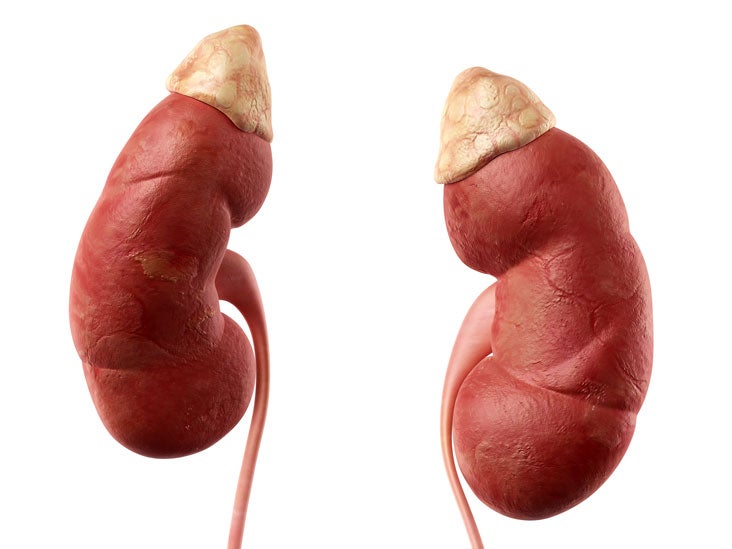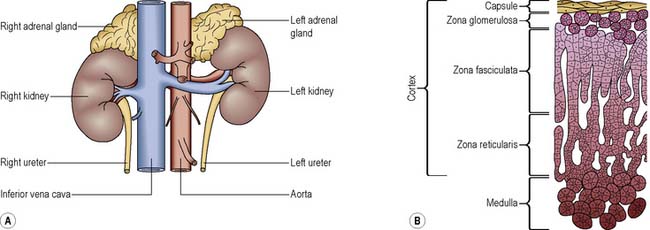

ACTH acts on the inner adrenal cortex (i.e., the zona fasciculata) to produce glucocorticoid hormones (e.g., corticosterone in rats and cortisol in humans). These releasing hormones act on the anterior pituitary to promote the secretion of adrenocorticotropic hormone (ACTH) into the systemic circulation. 37), hypophysiotropic neurons in the paraventricular nucleus (PVN) of the hypothalamus secrete releasing hormones, such as corticotropin-releasing hormone (CRH) and vasopressin, into the portal circulation of the median eminence. The hypothalamic-pituitary-adrenocortical (HPA) axis and the sympatho-adrenomedullary axis are the primary systems that are responsible for the maintenance of homeostasis during stress, and the adrenal gland is an essential organ that is common to both systems. These chronic stress-induced changes in adrenal growth and function may have implications for patients with stress-related disorders.Īppropriate physiological responses to stress are important for survival. Collectively, these results demonstrate that increased adrenal weight after CVS is due to hyperplasia and hypertrophy that occur in specific adrenal subregions and is associated with increased maximal corticosterone responses to ACTH. Unbiased stereological counting of cells labeled for Ki67 (cell division marker) or 4,6-diamidino-2-phenylindole (nuclear marker), combined with zone specific markers, showed that CVS induced hyperplasia in the outer zona fasciculata, hypertrophy in the inner zona fasciculata and medulla, and reduced cell size in the zona glomerulosa. This enhanced function was associated with increased adrenal weight, DNA and RNA content, and RNA/DNA ratio after CVS, suggesting that both cellular hyperplasia and hypertrophy occurred. Exogenous ACTH administration (0–895 ng/100 g body wt) to dexamethasone-blocked rats demonstrated that CVS increased maximal plasma and adrenal corticosterone responses to ACTH without affecting sensitivity. The present studies use a 14-day chronic variable stress (CVS) paradigm in adult male rats to assess the effects of chronic stress on adrenal growth and corticosterone steroidogenesis.

Moreover, it is not clear whether increased production of adrenal glucocorticoid after chronic stress is due to increased sensitivity to adrenocorticotropic hormone (ACTH) vs. Chronic stress exposure commonly increases adrenal weight, but it is not known to what extent this growth is due to cellular hyperplasia or hypertrophy and whether it is subregion specific. The adrenal gland is an essential stress-responsive organ that is part of both the hypothalamic-pituitary-adrenal axis and the sympatho-adrenomedullary system.


 0 kommentar(er)
0 kommentar(er)
